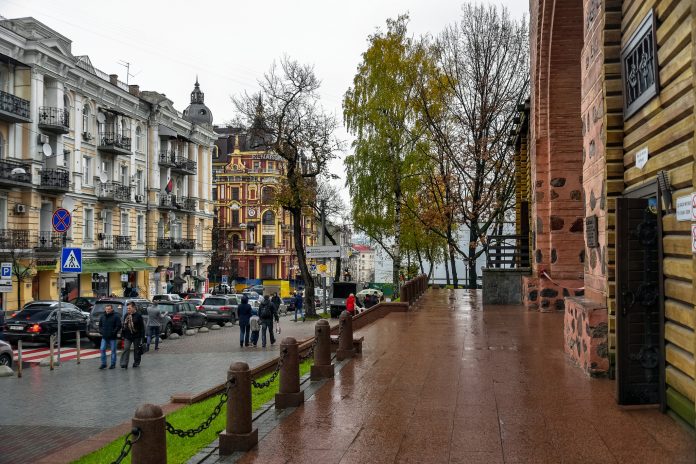A €1bn macro-financial loan to help Ukraine cover part of its external financing needs in 2018-2019 was backed by the European Parliament on June 13.
MEPs agreed to an EU Commission proposal to provide Kiev with another package of macro-financial assistance (MFA), which is an exceptional emergency resource for EU neighbourhood countries struggling to pay their bills.
“The purpose of this aid is to make the country more economically stable, and there are firm conditions in place to ensure that the money will serve this goal,” said Jaroslaw Walesa (EPP,PL), rapporteur. “The country also has to take drastic measures to address corruption before the funds are delivered. I welcome with great satisfaction last week’s adoption of the law on the High Anticorruption Court in Ukraine: it means that Ukrainians take their commitment seriously.”
The MEPs also insisted that the European Parliament, the Council, and the Commission issue a joint statement on policy conditions that Ukraine must fulfil, due to concerns over the pace of reforms and the fight against corruption in the country.
And, if they are not met, then the Commission should temporarily suspend or cancel disbursement, said MEPs.
“This is not unconditional support,” warned Jarosław Wałęsa. “There are firm conditions to ensure that this money will serve economic stabilisation and support the reforms.
“If corruption is not radically addressed, MFA funds should not be delivered to Ukraine. Our common goal is to help Ukraine but we need to closely follow the situation and breathe down their necks,” added Wałęsa.
“As a consequence, and in exchange for our financial assistance, we expect the correct legal establishment of the High Anti-Corruption Court within the next two weeks and we demand the lifting of the asset declaration obligations on civil society activists and the limitation of these to public officials as well as the politically-balanced composition of election commissions,” added Michael Gahler MEP, EPP Group Spokesman in the Foreign Affairs Committee.
The resolution was backed by 527 votes to 124 with 29 abstentions. The Council is expected to approve the aid on June 26.

